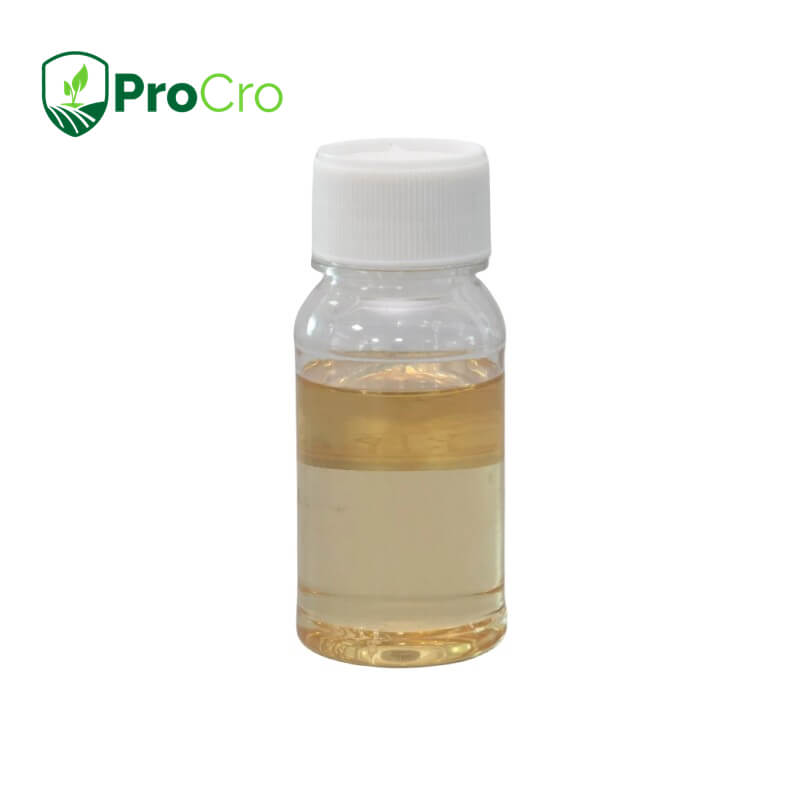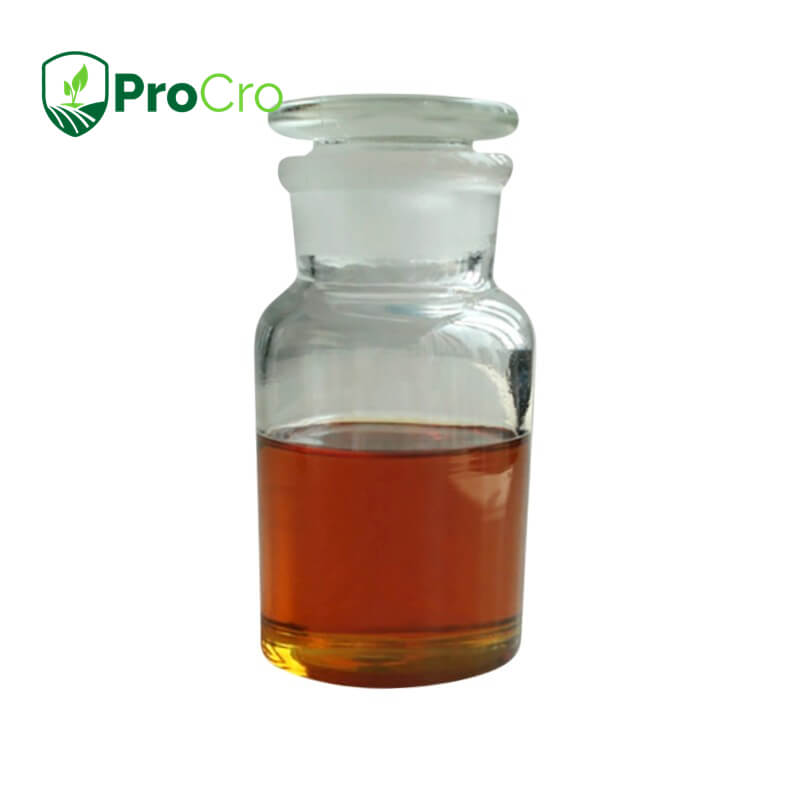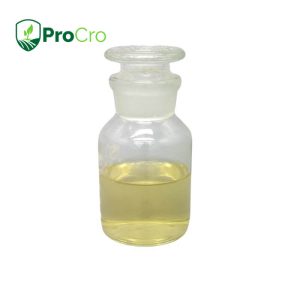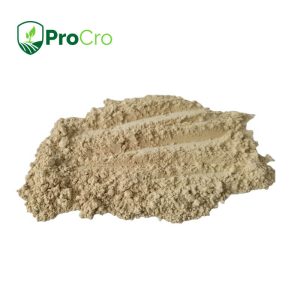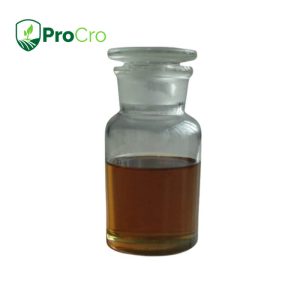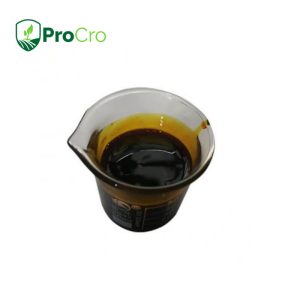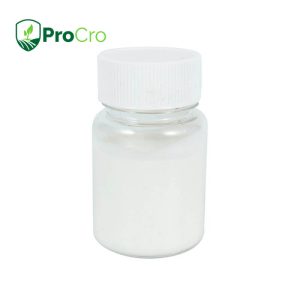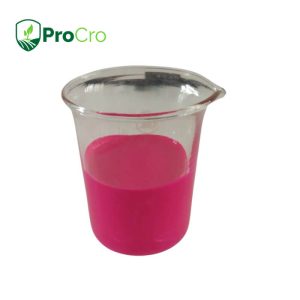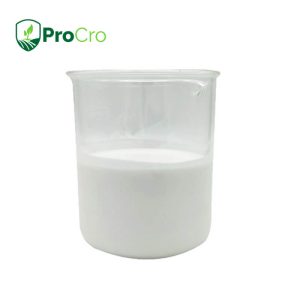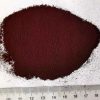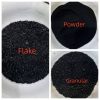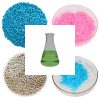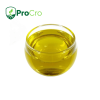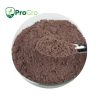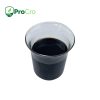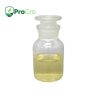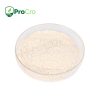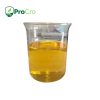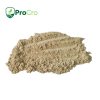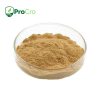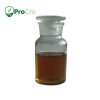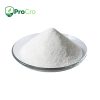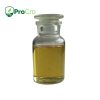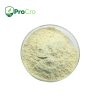Features of Fenvalerate
1. Broad Spectrum and High Efficiency: Fenvalerate effectively controls a variety of pests, including aphids, whiteflies, leafminers, various palm flies, sap-sucking insects, and armyworms.
2. Low Toxicity: Fenvalerate is non-toxic or of low toxicity to humans, mammals, and birds. It has some toxicity to aquatic organisms, but it does not significantly impact the soil ecological environment.
3. Sustainable Development: Fenvalerate has a long residual effect and provides excellent control over multiple pests. It does not lead to severe resistance issues, which gives it advantages for sustainable development.
Product Details of Fenvalerate
| Product name | Fenvalerate |
| Tech grade | 97%TC |
| Formulation | 10%EC,40G/L ULV |
| Molecular formula | C25h22clno3 |
| CAS No. | 51630-58-1 |
| EINECS No. | 257-326-3 |
| Shelf life | 2 Years |
Application
1. Agriculture: Fenvalerate is widely used in agricultural production, primarily for controlling pests on crops such as rice, wheat, corn, fruit trees, and vegetables. It can be applied through methods like foliar spraying, soil treatment, seed coating, and seed soaking. The application methods and dosages vary depending on the specific crop.
2. Public Health: Fenvalerate is also widely used in the field of public health, mainly for controlling disease-carrying insects like mosquitoes. It is effective in combating diseases such as dengue fever, malaria, and yellow fever.

